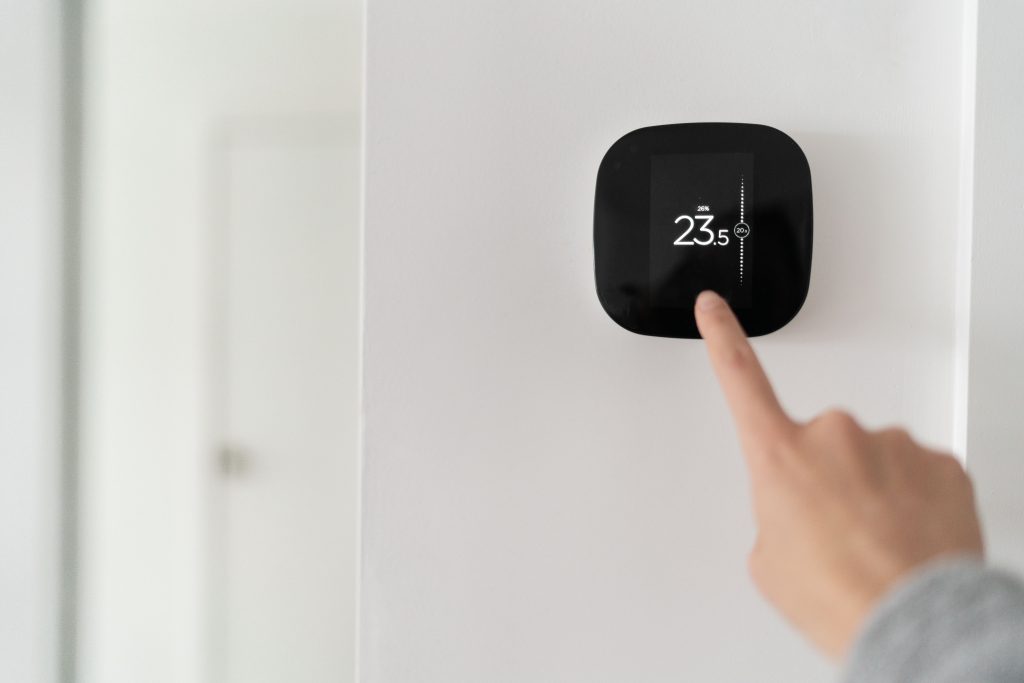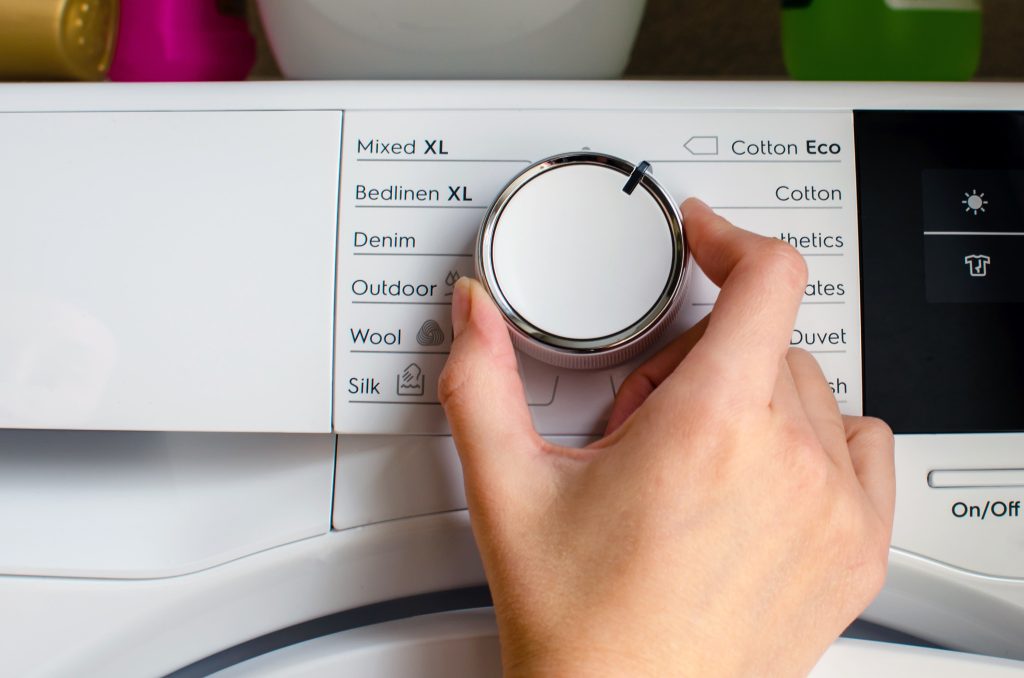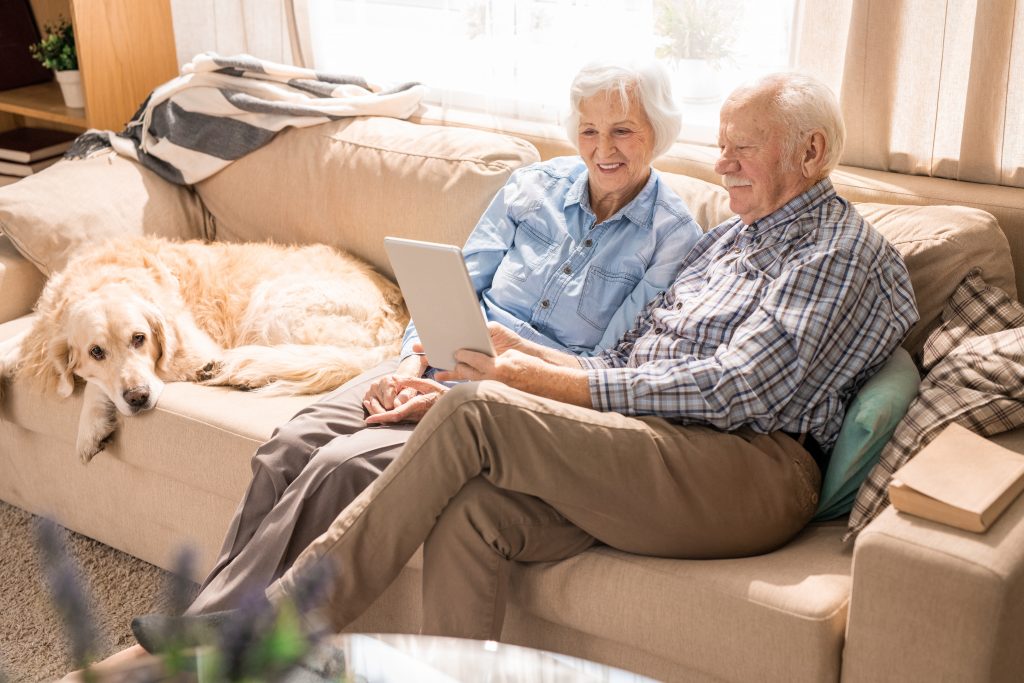How to cut down on your energy bills
As the cost-of-living crisis worsens following the latest increase in energy costs, even if capped, homeowners and tenants alike are increasingly seeking ways to save money on their energy bills. As the unit price of energy has surged over the past year, the key to saving money on energy is to reduce household usage. In this blog, we will run through our top tips to reduce your energy use and save money on your energy bills.
There are several simple ideas that, if implemented can reduce household energy usage and in turn, will save money on energy bills. Some top tips to save energy are:
Fit energy efficient light bulbs
LED light bulbs are a relatively cheap investment and easy switch that can save on household energy bills. The Energy Saving Trust estimates that the swap from traditional incandescent bulbs to LED bulbs can save up to £40 a year on electricity bills. This is because they are more efficient, with less energy being lost as heat.
Get a smart thermostat

Reviewing and reducing the timings that your household heating is turned on can save energy. Consider installing a smart thermostat which will allow you to edit the heating programme on the go. This means you can easily set the heating to turn on just before you get home or turn it off when the property is unoccupied. This saves on energy being wasted to heat an empty home.
Turn down the thermostat
Whether you have a smart thermostat or a traditional one, turning it down by just one degree could save significant amounts of money while doing little to affect the heat inside your home.
Heat only the rooms in use
Turn the radiators off in unoccupied rooms in order to minimise wasting energy.
Utilise eco-friendly settings

Check if your dishwasher or washing machine has eco-friendly settings and utilise these. These heat the water to a lower temperature and still clean effectively. Also, ensure that you only turn appliances like this on when they are full to maximise their efficiency.
Switch off electrical devices at the socket
A simple energy-saving habit is to switch off any electrical devices that are not in use. By turning devices off at the plug socket or unplugging them completely, you avoid paying for unnecessary electricity when devices are on standby.
Use a saucepan lid when cooking on the hob
A saucepan lid ensures that the heat stays in the pan which minimises cooking time and reduces energy waste.
Only boil the water needed in the kettle
Minimise the water put into a kettle for boiling to only the quantity needed for the task at hand. Overfilling a kettle will use additional electricity to heat a larger capacity of water, therefore wasting energy.
This same concept can be followed when boiling food – only fill pans to just over the contents.
Keep blinds and curtains open during the day

Minimise the need to turn on the lights by ensuring that natural daylight enters the home as much as possible.
Minimise the use of high-energy devices
Restrict the use of high-energy household appliances such as tumble dryers wherever possible.
Replace old electrical devices
Ageing electrical devices often deteriorate, losing energy efficiency. Therefore, replacing the appliance with a new, top energy-efficiency-rated device will be beneficial.
Draught-proof the property
Ensure that heat cannot escape through small gaps such as around windows or doors by replacing seals or using fillers. Consider using draught stoppers at the base of doors.
Seek grants for higher-cost energy saving upgrades
There is a range of higher-cost upgrades that can improve the overall energy efficiency of your property including, property insulation, boiler upgrades or the installation of an eco-friendly heating system. Government funding may be available in certain circumstances to help with the costs of such upgrades. More information can be found on the government website.
Heat the individuals, rather than the property

One simple method of keeping household energy bills down is to heat individuals first before reaching to turn on the heating. Adding layers such as jumpers or blankets can help. Hot water bottles or wheat bags can also be useful to keep body temperatures warm. Remember that hot food and drinks help to warm up from the inside.


